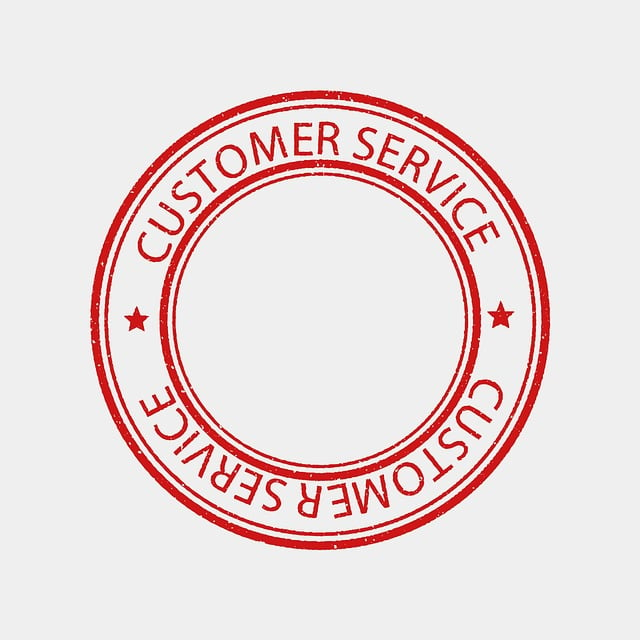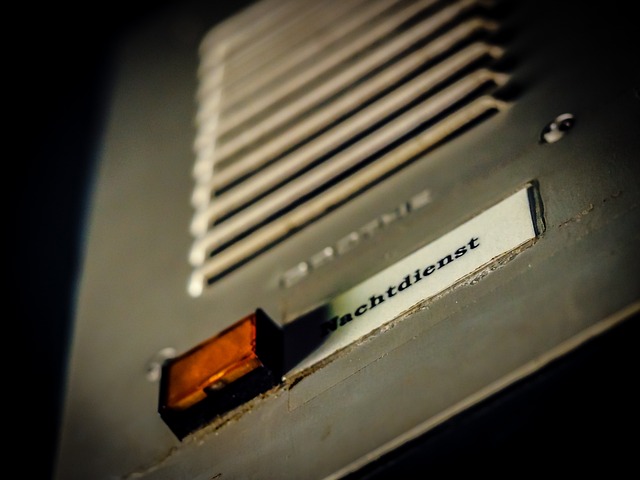Repiping Everett Homes: Expert Tips for a Modern System

Homeowners often overlook outdated plumbing in 100-year-old homes until issues arise. A repiping ser…….
Welcome to an in-depth exploration of a critical infrastructure management practice, Repiping Service Everett. This article aims to demystify the process, highlight its global impact, and provide valuable insights for professionals, policymakers, and anyone interested in understanding this essential service. We will navigate through various aspects, from its technical intricacies to economic implications, to offer a holistic perspective on why Everett repiping is not just a local concern but a significant trend shaping urban development worldwide.
Definition: Repiping Service Everett refers to the complete replacement of an existing plumbing system within a residential or commercial property in Everett, Washington, or similar urban areas. It involves installing new pipes, fittings, valves, and fixtures to enhance water flow efficiency, improve corrosion resistance, and ensure compliance with updated building codes.
Core Components:
Pipe Replacement: The primary focus is on substituting outdated pipes, typically made of lead, copper, or PVC, with modern alternatives like PEX (Cross-linked Polyethylene), CPVC (Chlorinated Polyvinyl Chloride), or copper. These materials offer superior durability, corrosion resistance, and flexibility.
Valve and Fitting Installation: New valves and fittings are crucial for controlling water flow and pressure. Modern options include high-efficiency ball valves, aerators, and pressure regulators designed to minimize water waste and optimize performance.
Water Heater Upgrades: Many repiping projects involve replacing outdated water heaters with energy-efficient models, reducing hot water consumption and utility costs. Tankless water heaters, for instance, heat water on demand, minimizing energy wastage.
Historical Context: The concept of repiping has evolved over time, driven by advancements in plumbing technology and a growing awareness of health risks associated with old pipes. Historically, lead pipes were commonly used due to their affordability and ease of installation. However, concerns about lead leaching into drinking water sparked widespread replacement efforts starting in the mid-20th century. Today, repiping is largely motivated by improved pipe materials, enhanced water efficiency, and the need to meet stringent building codes.
Repiping Service Everett is not confined to the United States; it has captivated cities worldwide due to its ability to address critical infrastructure challenges. Here’s a global perspective:
| Region | Trends and Observations |
|---|---|
| North America | The US and Canadian markets lead in repiping services, driven by strict building codes, aging infrastructure, and consumer awareness of water quality. States like Washington, with its growing urban centers, experience high demand. |
| Europe | Many European countries mandate regular plumbing system upgrades to ensure water safety and efficiency. Repiping is particularly common in the UK, Germany, and France due to stringent environmental regulations. |
| Asia Pacific | Rapid urbanization in China and India has led to a surge in repiping projects to accommodate growing water demands and improve infrastructure quality. Japan, known for its advanced technology, incorporates innovative repiping solutions into new construction. |
| Middle East and Africa | Oil-rich nations in the MEA region invest heavily in modernizing their plumbing systems to meet the needs of expanding populations and tourism. Dubai, for instance, has embraced smart city initiatives, including efficient repiping networks. |
The economic landscape surrounding Repiping Service Everett is complex, influenced by various factors:
Market Size: The global plumbing industry, including repiping services, is estimated to reach USD 534.7 billion by 2027, growing at a CAGR of 8.1% (2020-2027). This growth is driven by rising urbanization, infrastructure development, and the need for efficient water management.
Investment Patterns: Repiping often involves substantial upfront costs, including labor, materials, and permits. Property owners or developers may opt for financing or leasing models to spread these expenses over time, making the process more accessible.
Cost Savings: While initial costs are high, repiping offers long-term economic benefits. Improved water flow efficiency reduces utility bills, and advanced pipe materials minimize corrosion, preventing costly leaks and repairs.
Employment Impact: The service creates numerous job opportunities, from skilled plumbers to project managers, contributing to local economies and skill development.
Technological breakthroughs have significantly enhanced Repiping Service Everett, making it more efficient, precise, and environmentally friendly:
PEX Piping Systems: Cross-linked polyethylene (PEX) pipes are gaining popularity due to their flexibility, corrosion resistance, and ease of installation. PEX allows for complex routing without the need for numerous fittings, reducing labor costs and potential leak points.
Smart Plumbing: Integrating IoT (Internet of Things) devices into repiping systems enables remote monitoring and control. Smart valves can adjust water pressure and flow rates based on real-time data, enhancing efficiency and conserving resources.
3D Modeling Software: Advanced 3D modeling tools allow plumbers to visualize and plan complex repiping projects accurately. This technology streamlines design, reduces errors, and minimizes disruptions during installation.
Remote Inspection Tools: Fiber optic cables and high-definition cameras attached to robotic devices enable remote inspection of pipes without invasive digging. This non-destructive testing method saves time, reduces costs, and minimizes environmental impact.
Regulatory bodies play a pivotal role in shaping the repiping industry through standards, permits, and incentives:
Building Codes: Local governments enforce building codes that dictate minimum plumbing standards, including repiping requirements. These codes ensure safe and efficient water distribution systems.
Permits and Licenses: Repiping services require various permits, such as building permits, to operate legally. Licensing ensures professionals meet specific training and safety standards.
Environmental Regulations: Stringent environmental laws govern the disposal of old pipes and materials. Proper management of waste ensures minimal ecological impact during repiping projects.
Incentives and Rebates: Many regions offer financial incentives or rebates for homeowners who opt for repiping, encouraging them to invest in efficient plumbing systems. These programs aim to promote water conservation and infrastructure upgrades.
Despite its numerous benefits, Repiping Service Everett faces challenges that require careful consideration and strategic solutions:
High Initial Costs: The primary deterrent for many property owners is the high upfront cost of repiping. Offering financing options, grants, or tax incentives can encourage investment in this essential service.
Disruptions During Installation: Repiping involves significant disruptions to daily activities, from water shutoffs to construction noise. Effective communication and planning can minimize these inconveniences, fostering community support.
Lack of Awareness: Some homeowners may be unaware of the benefits of repiping or the need for regular plumbing system upgrades. Public awareness campaigns and educational initiatives can highlight the long-term advantages.
Quality Control Concerns: Ensuring consistent quality during installation is crucial. Implementing industry standards, training programs, and third-party inspections can address this criticism.
In Seattle, a major repiping initiative aimed to modernize the plumbing systems in numerous historic green buildings. This project involved replacing outdated pipes with energy-efficient PEX systems and installing modern water heaters. The results were impressive:
Dubai embarked on a comprehensive repiping program as part of its smart city initiative, focusing on efficient water management. This project involved:
The future of Repiping Service Everett is promising, shaped by emerging technologies, evolving policies, and growing environmental consciousness:
Smart Cities and Digitalization: As cities embrace smart infrastructure, repiping networks will become integral to digital platforms, enabling remote monitoring, control, and predictive maintenance.
Sustainable Materials: The demand for environmentally friendly pipe materials will continue to grow. Biodegradable or recycled pipes could become more common, reducing the carbon footprint of plumbing systems.
Regulatory Compliance: With strict building codes and environmental regulations, staying compliant will drive innovation. Repiping companies must adopt advanced technologies and practices to meet these standards.
Remote and Non-Invasive Technologies: The trend towards remote inspection and control will gain momentum, minimizing disruptions and reducing costs for both businesses and homeowners.
Repiping Service Everett is more than just a local plumbing service; it is a critical component of urban infrastructure development. Its global impact, economic significance, and technological advancements highlight its importance in ensuring safe, efficient, and sustainable water distribution systems. As cities continue to grow and evolve, the demand for repiping services will remain strong, driving innovation, job creation, and improved living standards.
Q: How often should I consider repiping my home?
A: The need for repiping depends on various factors, including pipe age, material, and water quality. Experts suggest inspecting your plumbing system every 10-15 years to ensure efficiency and address potential issues early.
Q: Are there tax incentives for repiping my property?
A: Many regions offer financial incentives or rebates for repiping projects. These programs vary by location, so checking with local authorities is essential to take advantage of available benefits.
Q: Can repiping improve water pressure in my home?
A: Absolutely! Modern repiping systems, especially those incorporating high-efficiency valves and pressure regulators, can significantly enhance water pressure throughout your property, ensuring a more enjoyable showering or washing experience.
Q: Is it possible to repipe my building without shutting off the water supply?
A: In most cases, yes. Repiping companies employ various techniques, including remote inspection tools, to minimize water shutoffs during installation. This ensures uninterrupted water service while undergoing a repiping project.

Homeowners often overlook outdated plumbing in 100-year-old homes until issues arise. A repiping ser…….

Repiping your Everett home replaces old plumbing, notably copper pipes, to improve water delivery. M…….

Older homes in Everett, WA, often face plumbing issues. A professional repiping service replaces dam…….

Repiping service Everett costs vary based on factors like material (PVC, copper, PEX), labor ($50-$1…….

Repiping costs in Everett, WA vary based on project scope, material type (like PEX or Copper), labor…….

Repiping service Everett is vital for addressing plumbing issues in older homes, including corrosion…….